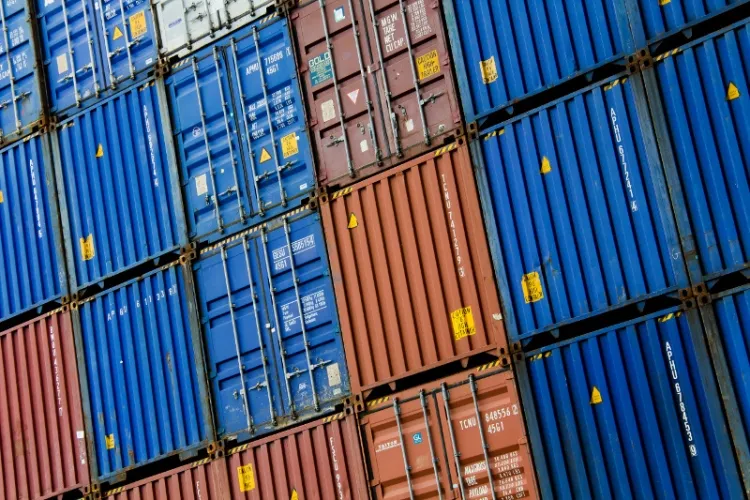US Department of Commerce rejects AD/CVD anti-circumvention petition
- The United States Department of Commerce has denied a petition asking for an expansion of anti-dumping and countervailing responsibilities (AD/CVD) throughout Southeast Asia, citing the ongoing privacy of the petitioners.

Commerce validated that the petition had been declined in a letter dealt with to law practice Wiley today, with the letter revealed by financial investment financial institution Roth Resources Allies in an industry note released today.
Tim Brightbill, the lawyer standing for the group American Solar Manufacturers Against Chinese Circumvention (A-SMACC), educated PV Tech that Wiley was still evaluating the choice with customers and also would not be commenting at this time.
The petition was first revealed in mid-August, with A-SMACC pointing out affirmed circumvention of AD/CVD tariffs by subsidiaries of significant PV module manufacturers based throughout Southeast Asia. It looked for to have anti-dumping as well as countervailing responsibilities extended to those companies, comprising a major governing shift which critics claimed threatened to "devastate" the United States solar industry as well as placed 18GW of projects in danger of collapse.
The decision by members of A-SMACC to continue to be confidential has additionally confirmed contentious. While firms behind the team have emphasized the demand to continue to be confidential to avoid revenge in the market, United States solar market gamers such as NextEra Energy have required them to be unmasked.
Commerce was also proved to be of the very same opinion when, in late September, the department sought brand-new information referring to the material of A-SMACC's petition, consisting of the particular identities of those behind it.
While A-SMACC complied with the demand in private, no public record disclosing the identities of A-SMACC members has actually been released.
Outlining its thinking for its choice to deny the instance, the Department of Commerce directed particularly to the continuous anonymity of those behind A-SMACC. It stated A-SMACC's designation of its members' identities as "organization proprietary info"-- as well as consequently essential to be concealed-- was "unwarranted" as well as should be disclosed within petition demands.
Furthermore, Commerce claimed that the names of A-SMACC participants should be publicly determined to ensure that all parties curious about commenting on the instance can do so "completely". It stressed the importance of interested celebrations with understanding of the market to have that info so they might comment on the nature of A-SMACC members' business as well as exactly how it relates to the instance.
"Therefore, the proprietary classification stops events with sector expertise from talking about the A-SMACC members; operations as well as their standing as interested parties. Therefore, the proprietary classification of participants' names might avoid Commerce from getting and taking into consideration information appropriate to the decision of whether to start the requested circumvention queries," the letter reads.
Commerce's being rejected of the petition also mentioned its nature of targeting particular firms instead of nations or regions, with the department declaration its idea that other interested celebrations may remain in a placement to comment on organization partnerships in between A-SMACC participants and also 3rd parties with facilities in the nations listed in the petition that might have prevented any kind of expansion of tariffs.
Commerce provided the criterion of anti-dumping orders on certain solar products from Taiwan that was an outcome of a petition submitted to resolve a shift in manufacturing from China to Taiwan, which targeted the country instead of any kind of details entity or subsidiary.
In a statement provided complying with the decision Abigail Ross Hopper, president as well as CEO of the Solar Power Industries Association (SEIA), proclaimed the choice a "significant victory" for the US solar industry.
"The petitions have currently had a chilling result on the sector's supply chain, and also if enforced, we would certainly have seen enormous project cancellations and job losses within days.
"Today's choice supplies a rush of certainty for business to keep their financial investments relocating, work with even more workers as well as release even more clean energy. This is an important time for climate development, and we can not afford to reverse at once when we require to be releasing even more clean energy than ever before," she stated.
Also read

